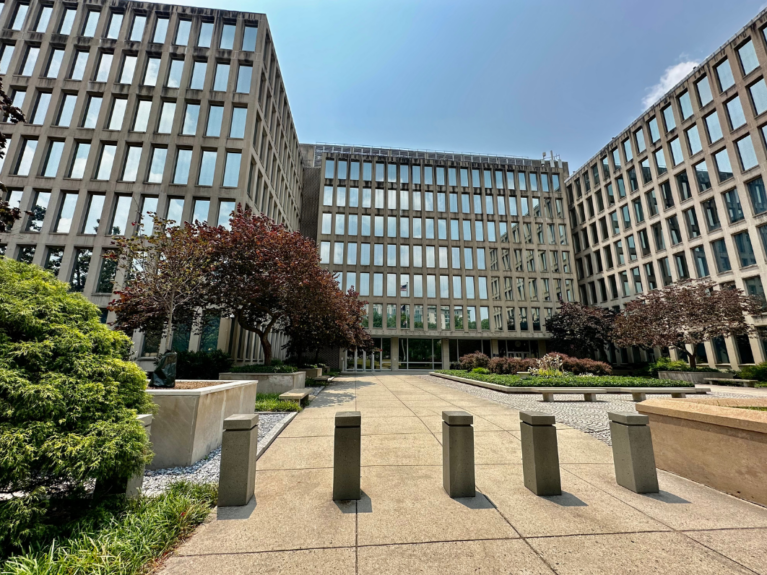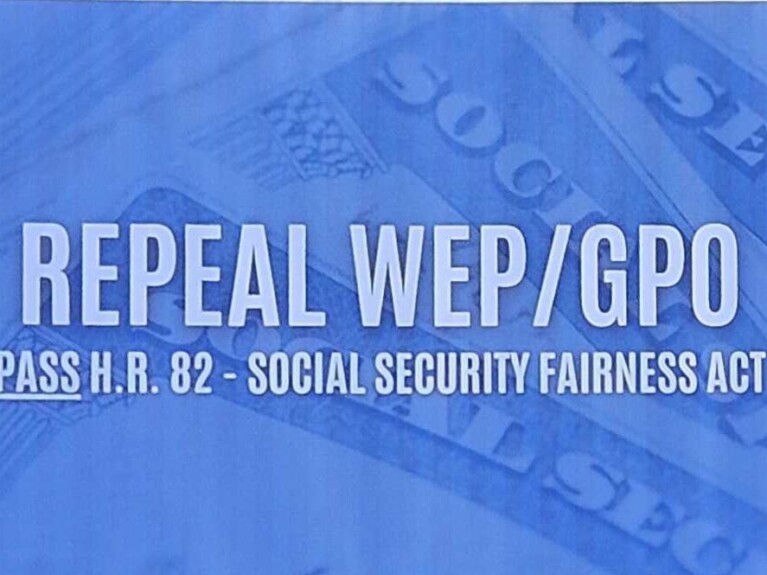House Advances Budget Resolution
On August 24, the House of Representatives reconvened to approve a budget resolution along party lines, 220-212, that will serve as the framework for a $3.5 trillion reconciliation package. The approval of the resolution is another step in the budget reconciliation process, which allows bills in the Senate to pass with just a simple majority, bypassing the usual 60-vote threshold and the filibuster.
Next in the reconciliation process, congressional committees in both chambers will recommend changes to achieve the provisions set out by the budget resolution by September 15. Congress will then incorporate the committees’ policies into a reconciliation bill, which will be considered by both chambers. Democratic leaders plan to pass and send the reconciliation bill to the President’s desk to be signed into law by October 1.
The package includes numerous priorities of the Biden administration’s America’s Families Plan, including expanded paid family and medical leave, which would likely extend to federal employees. The resolution also recommends expanding Medicare benefits to include vision, hearing and dental, and proposes lowering the Medicare eligibility age to 60, as well as providing tuition-free community college, universal Pre-K and more.
The package also includes a nonbinding commitment for the House to vote on a $1 trillion bipartisan infrastructure package by September 27. The Senate passed the package in a 69-30 bipartisan vote on August 10, which included support from Senate leaders in both parties. Negotiations on the infrastructure package remain contentious within the Democratic party, with moderates pushing for swift action, while a group of progressives want to tie any action on infrastructure to the reconciliation package.


